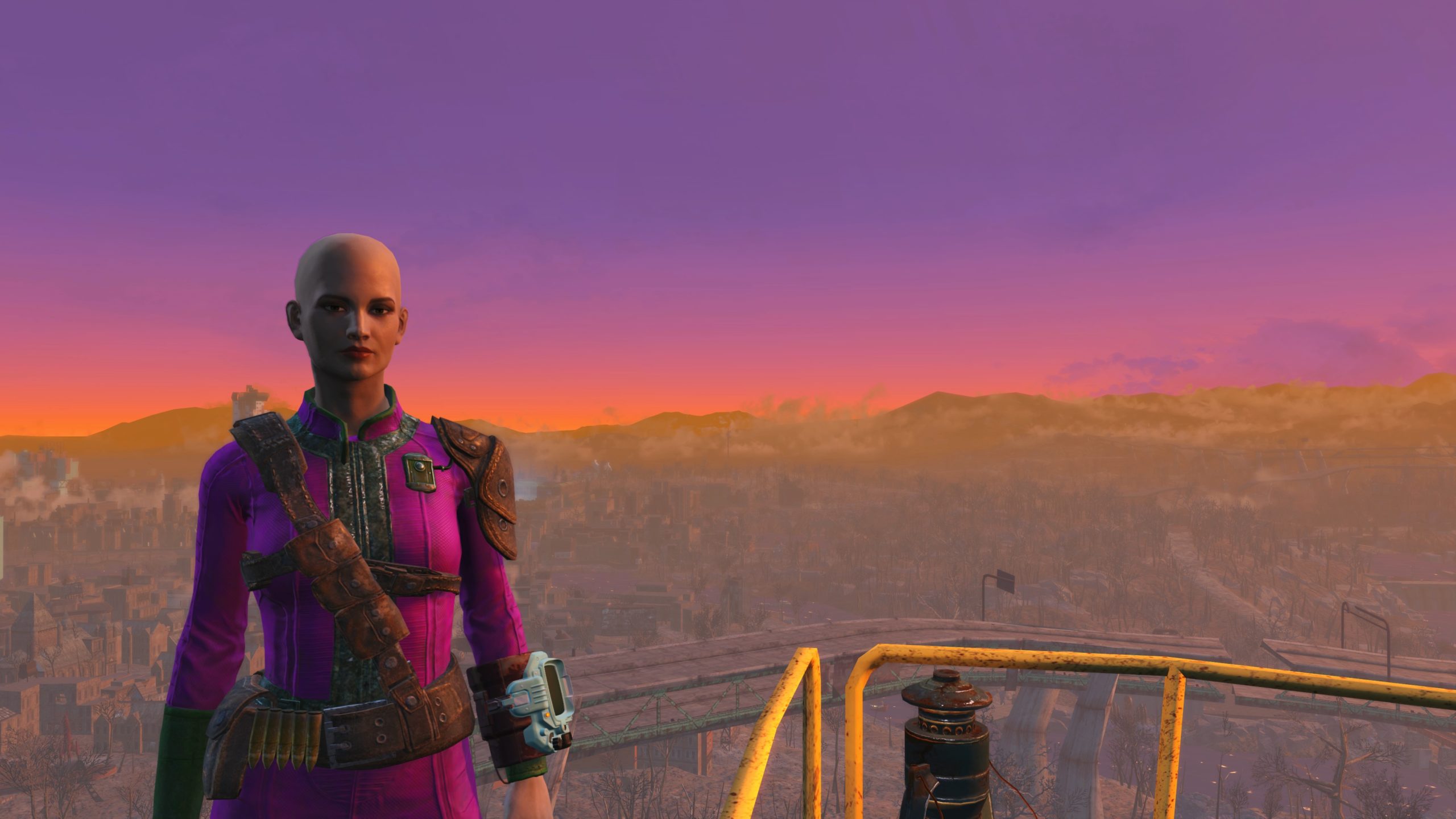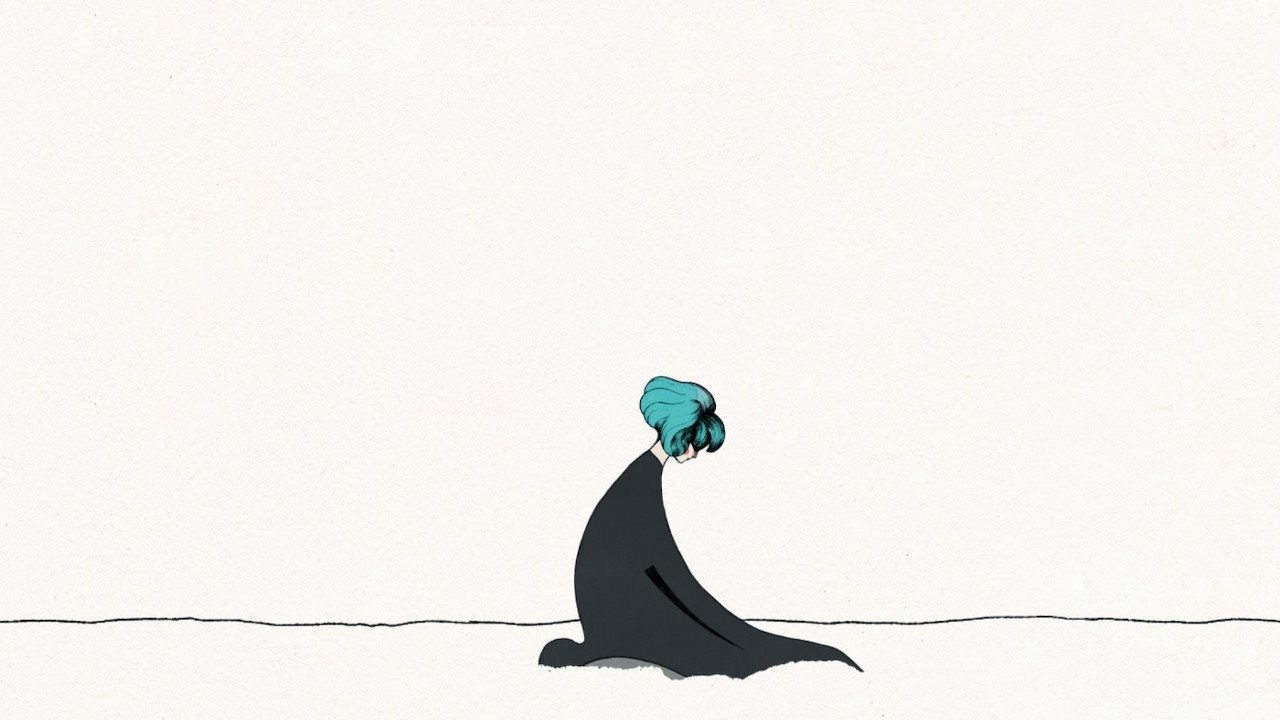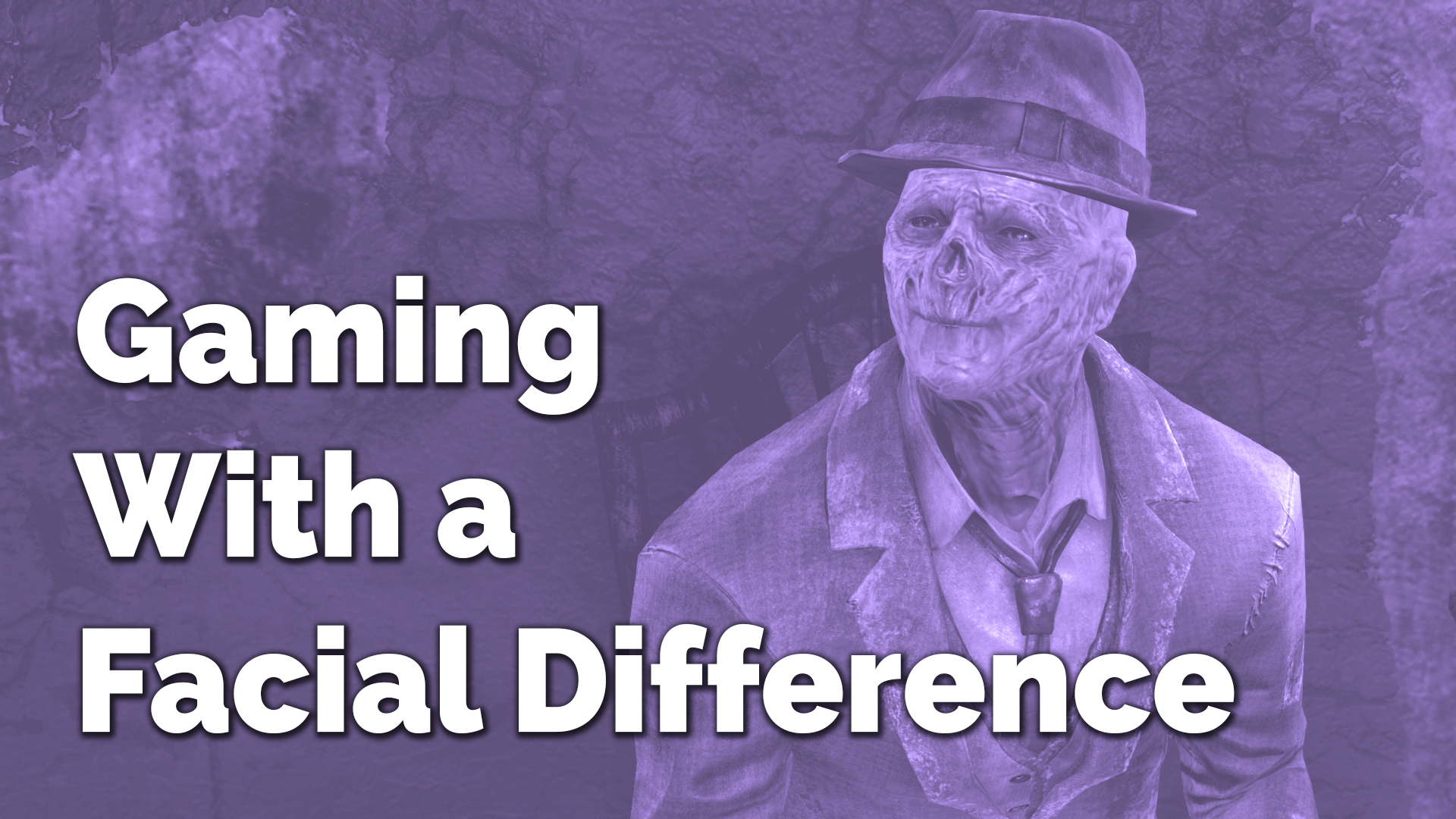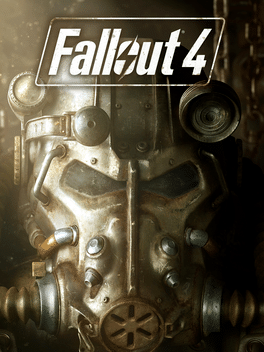Grief-Gaming is a series in which I will explore video game worlds playing as my deceased partner’s avatar.
Games have been a gift in my life. They’ve not only given me a career but after my partner’s first stroke in 2017, they served as the greatest tool in her recovery. My partner, Susan, had a knack for creating her likeness with impeccable detail in any game that offered character creation and after her death in 2019, loading up any one of these games allowed me to still see her and to feel as though I was with a part of her, but with that connection always came sadness and so I avoid all of these games.
My professional identity is inextricably linked to Susan, as she was the one who led us to working in games. I didn’t inherit her role until her passing, which often leaves people only knowing of me because of her and the mark she left on the games industry is a massive one. My professional life exists because hers existed. Given this, there isn’t a day that’s passed in the year since she died that I’m not reminded of her and therefore constantly grieving her in some way.
Recently, a friend suggested that instead of avoiding countless games, I try playing through them and sitting with it. “Feel your feelings, sit with them, whatever they are,” she advised me. Feeling my feelings is, well, let’s just say not something I’m great at, which I readily admit puts me at a major disadvantage in coping with this grief thing. I’d really like to move past this place I’m stuck in, so I’m going to take my friend’s advice and play the games, as Susan’s “Susan,” feel it, and write about it.
Spoilers for Fallout 4 below
The events of Fallout 4 take place after multiple nuclear bombs have been dropped on a fictional US. At the start of the game, you are happily at home in 2077 with your spouse and new baby, enjoying your quaint house with a perfect picket fence. When news of the bombings comes on your TV, you and your spouse take your son and run to the Vault, a conveniently nearby underground dwelling.
Instead of starting your new life, underground, as Vault Tec employees happily tell you you will do, you are cryogenically frozen in a botched experiment none of the Vault dwellers were wise to.
You wake up after a system failure 200 years later to find your spouse (in my case, my husband) murdered and your baby son kidnapped. You make your way through the Vault, intent on finding your son and getting justice for your spouse.

Once outside the Vault, you discover the world in ruin, ravaged by radiation with every comfort you knew gone. Traversing the barren wasteland, you make your way back to what was once home to begin your desperate search for your son.
The world of Fallout 4 is a perfect reflection of my grief. When Susan died, I stayed in bed for almost a month, only leaving my cocoon to take my dog out and go to work. When I finally emerged, the world, without Susan beside me, had become empty and unwelcoming. Aside from working in video games together, I was also Susan’s caregiver after she suffered her first stroke. For three years, I was with her constantly. She was such a part of my life that my identity became intertwined with her and with her gone, I felt as though I was gone too.
I would leave the house and people unaware that she had died would ask about her, causing me to once again retreat to my bed because I couldn’t utter the words to tell them that she was dead.
In Fallout 4, your character is constantly surprised, at least for a short while, by all the newness and the harshness of the world. What are these massive roaches following you around making every bit of the space you occupy inhospitable? Where are all the people? Your people? What the hell are you supposed to do now?
In the days after Susan’s death, even kind people felt hostile to me. People on the train as I made my way to work would look at me, stare at my eyes swollen from crying. Sometimes they would ask if I was okay, which resulted in me losing my very loose grip on my composure. I recall sending a selfie to a friend and their reply that I looked tired was enough to bring more tears. Of course I look tired, I’m barely alive, how the hell am I supposed to look? I thought, while also being worried I couldn’t even fake being okay.

The hardest thing for me to accept after Susan died was that the people I needed to be there for me weren’t. I needed to talk about how miserable I was, I needed somewhere to put my sadness, someone to be in it with me, to understand, or at least sit there and just let me be sad but not alone. But my grief was too much. After a couple of weeks passed, I became too sad for people to want to talk to, so people backed away, slowly, and left me to sort myself out on my own. Soon everyone became suspect to me. Eventually they’ll get fed up and leave, I told myself, so instead of ever talking about what happened or how I felt with people I cared about, I kept it. I found a new normal in mindless small talk while I found new and exciting ways of avoiding dealing with my grief like seeing how long I could go without eating because that bad feeling was different from the bad I’d grown used to feeling, so it was preferable and felt like a victory if I could control my body for long enough to go a day without food. At least I could control something, right?

Your character finds unlikely friends in Fallout 4. Shortly after emerging from the Vault, you meet Dogmeat, a wandering good boy who is eager to become your loyal companion after you greet him kindly and pat his head. From there, you slowly find more and more friends, all in unlikely places, and they become the people that are beside you as you search for and eventually find your kidnapped son.
Like Susan’s Fallout Susan, I found my people in the most unlikely of places — Twitter. Susan had spent years building a community and circle of friends on the platform that I had avoided like the plague. I took to Twitter the day after she died to tell her followers that she had died and in the weeks that followed, I received over 700 kind direct messages from her friends and fans, both offering their condolences and telling me over 700 stories about why she mattered to them and how much they would miss her presence. 700 strangers had given me more than the people I knew in real life and it wasn’t long before I found myself valuing the relationships I have on there just as much as I value my in-person friends.
I don’t actually know how Fallout 4 ends, as it’s one of the many games I’ve started but not been able to invest a hundred hours in to complete, but now that I’m going through through Susan’s eyes, that unknown seems fitting. I’m (obviously) still in the middle of making my way through grief and I haven’t a clue how this process will go for me or where it will end.










